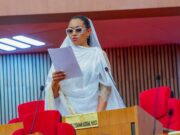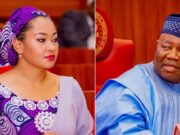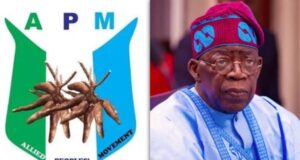President Bola Tinubu has defended his decision to remove the petrol subsidy in May 2023, insisting that the move was necessary for Nigeria’s future.
Speaking to reporters during a media chat at his Bourdillon residence in Ikoyi, Lagos, on Monday, Tinubu expressed no regrets over the controversial decision, arguing that the country could no longer continue subsidizing petrol for neighboring nations.
“I don’t have any regrets whatsoever about removing the petrol subsidy. We were deceiving ourselves; reform was essential,” the president stated.
He highlighted that the removal of the subsidy had intensified competition within the sector, leading to a gradual reduction in petrol prices.
“The market is becoming saturated, there’s no monopoly, no oligopoly, just a free market economy,” he added.
Tinubu also emphasized his belief in a free-market economy, rejecting the notion of price controls.
“I don’t believe in price control. We will work hard to supply the market,” he remarked.
The president’s comments come amid ongoing economic challenges in Nigeria, which is grappling with energy issues, including non-operational refineries and reliance on imported refined petroleum.
Since the subsidy removal, petrol prices have surged, exacerbating the country’s inflation and increasing the cost of living, particularly for citizens relying on petrol for transportation and electricity generation.
Additionally, President Tinubu addressed criticism regarding his cabinet size, stating that he has no plans to reduce the number of ministers.
“I am not ready to shrink my cabinet,” he affirmed. Despite calls for a smaller cabinet, Tinubu justified the size by stressing the need for efficiency in governance.
“Efficiency has been at the core of my selection of ministers,” he explained.
Tinubu appointed 48 ministers in August 2023, three months after taking office, and while there have been calls for a reshuffle due to dissatisfaction with some ministers’ performances, he has made some adjustments.
In October 2024, he re-assigned 10 ministers to new portfolios, appointed seven new ministers, and dismissed five, though critics continue to argue that the cabinet remains too large.

















